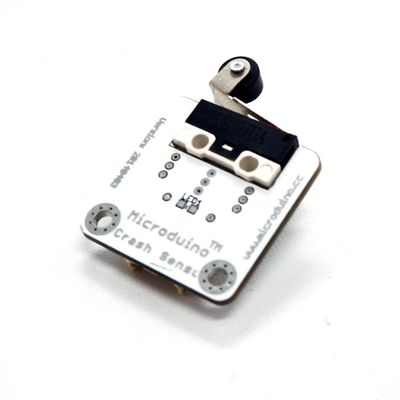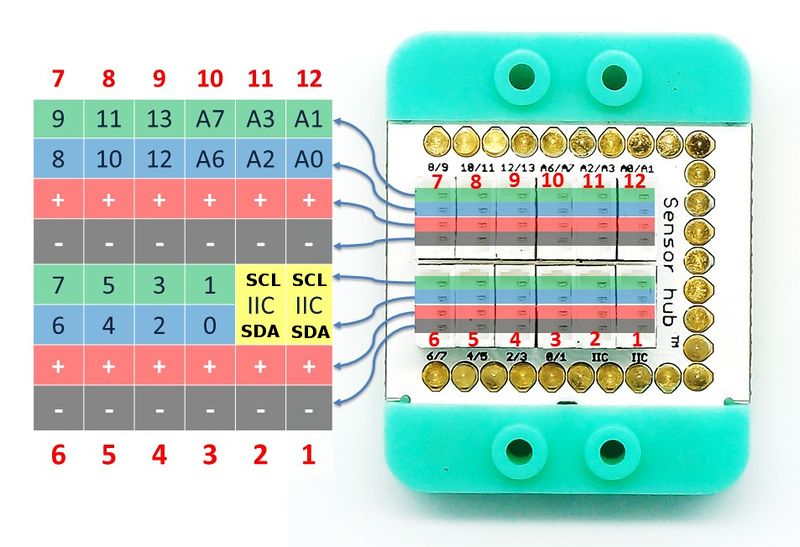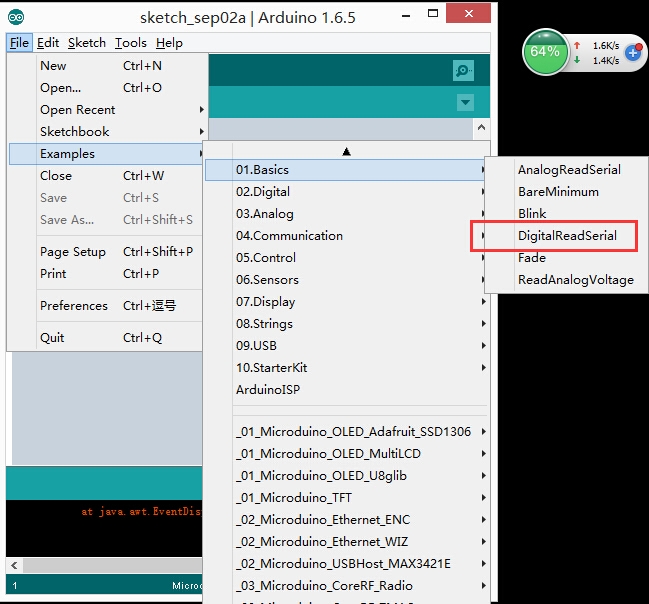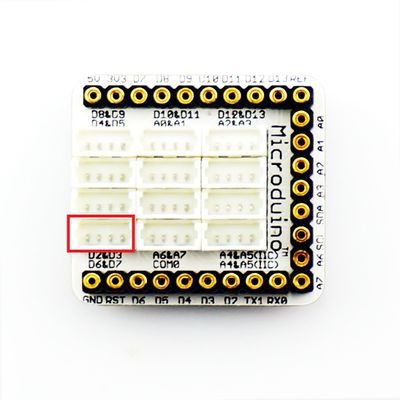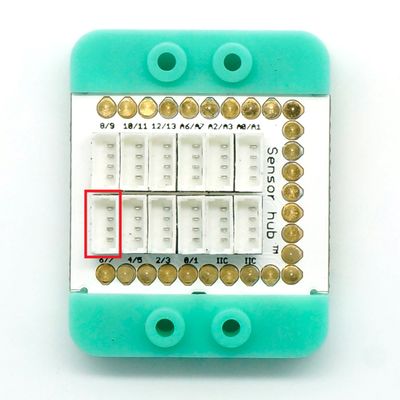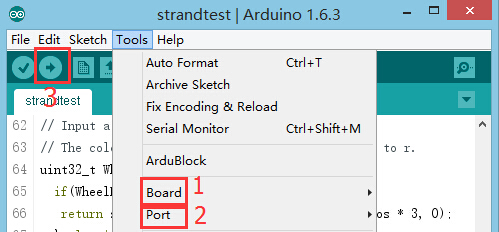Difference between revisions of "Sensor-Crash"
From Microduino Wiki
(→Features) |
(→Specification) |
||
| Line 22: | Line 22: | ||
*Electrical specification | *Electrical specification | ||
| − | **Operation voltage: 5V | + | **Operation voltage: 5V; |
| − | **Input device | + | **Input device; |
*Tech parameters | *Tech parameters | ||
| − | **Pin description: GND, VCC, signal input and NC(Empty) | + | **Pin description: GND, VCC, signal input and NC(Empty); |
| − | **Digit input | + | **Digit input. |
*Size | *Size | ||
| − | **Size of the Switch: 12mm* | + | **Size of the Switch: 12mm*6mm; |
| − | **Size of the Board: 20mm*20mm | + | **Size of the Board: 20mm*20mm; |
| − | **1.27mm-pitch 4Pin interface connected with Sensorhub | + | **1.27mm-pitch 4Pin interface connected with Sensorhub. |
*Connection method | *Connection method | ||
| − | **Include left-crash and right-crash | + | **Include left-crash and right-crash. |
[[file:mCookie-sensorhub_rule.JPG|thumb|800px|center]] | [[file:mCookie-sensorhub_rule.JPG|thumb|800px|center]] | ||
Revision as of 07:48, 24 August 2016
| Language: | English • 中文 |
|---|
|
Microduino-Crash Sensor is a sensor which can perceive collision. It is used to detect if there is collision or crash. Therefore, it can also be called crash signal sensor. Due to different collision position, it can classified as left-crash sensor or right-crash sensor. Crash switch can turn mechanical quantity to electricity. When this sensor collided with an object, it'll cause circuit switch close. So, the circuit loop will be opened, the LED will be lighten and the voltage between the two sides of the sensor will turn high level to low. Microduino-Crash judges collision by detecting the electrical level between its two side. It can used in limit and anti-collision such as 3D print motor limit switch and robot anti collision.
ContentsFeatures
Specification
Document
DevelopmentPreparation
Program
Hardware Buildup
Application
ProjectPurchaseHistoryPictures
|
